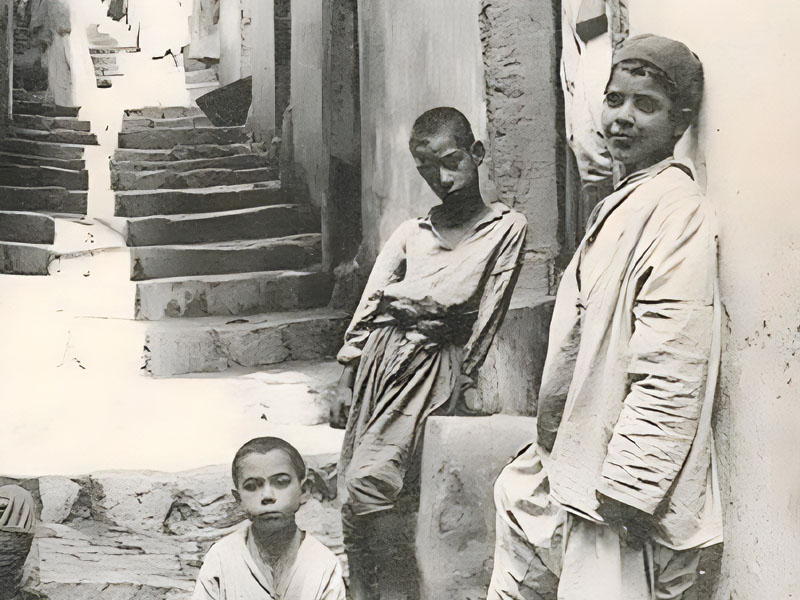The Scientific Foundations of Folk Culture and Knowledge Interaction
Issue 49

Dr. Abdul Aali A Amiri
Faculty of Arts and Humanities, Bani Milal – Morocco
This research concludes that Man possesses a mental structure that enables him to represent the world and what is in his world of cognitive forms, through a set of mechanisms that help him understand, analyze and make judgment. Folk and elite cultures are based on a body of human knowledge, and therefore have an interactive, sociable nature. Cultural models are also acquired in a steady way, because man has a complex mental structure.
The human being enjoys a linguistic competence that is subject to adaptation, and it cannot be summarized or reduced to the principle of repetition or even basic norms of creativity; the linguistic competence we own is more complex than we may think.
The aptitude of spoken languages is part of a system of non-linguistic thinking and not attached to the language itself.
The human mind is able to provide descriptions that do not come from linguistic components such as structure or morphology, but instead derived from nonverbal perceptions. Language in this framework is an aid and a means of thought.
This approach confirms that all meanings of words in the language have lexical significance, which is a sign of the conceptual level that works to capture human experience, and expresses it by language in a consistent conceptual level that includes grammatical rules. This conceptual level falls within the framework of the general grammatical knowledge available within a given space and time.


































































